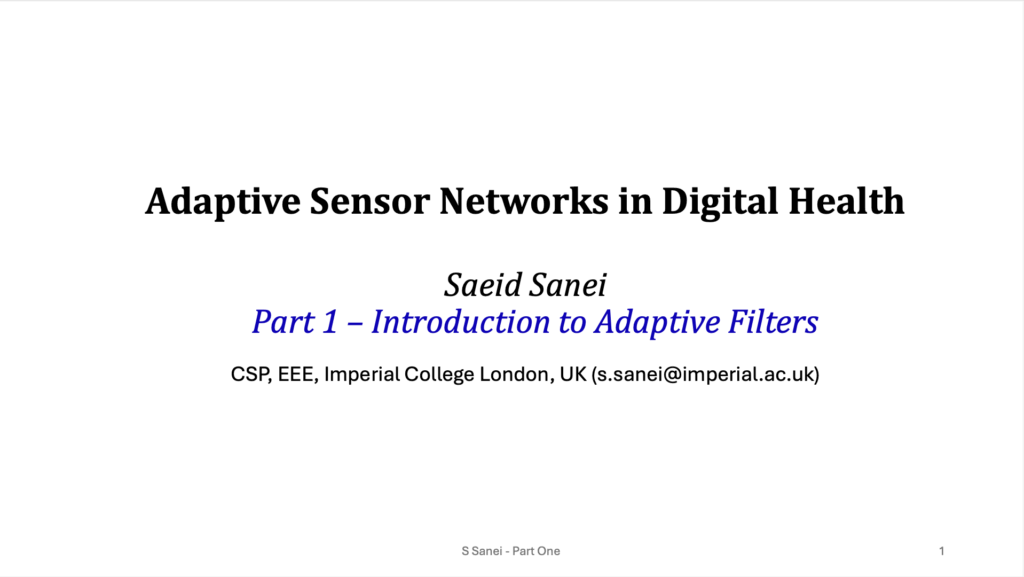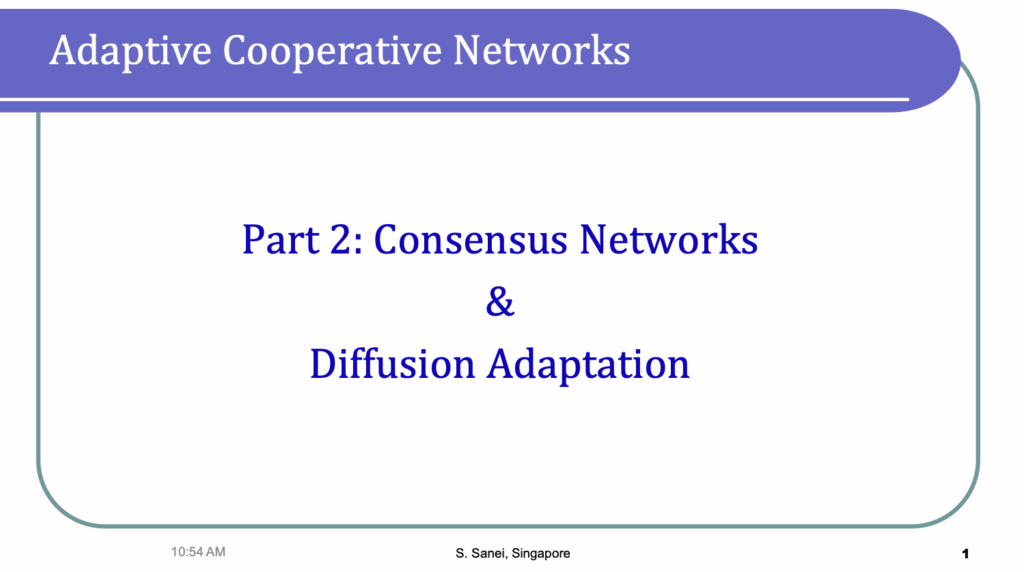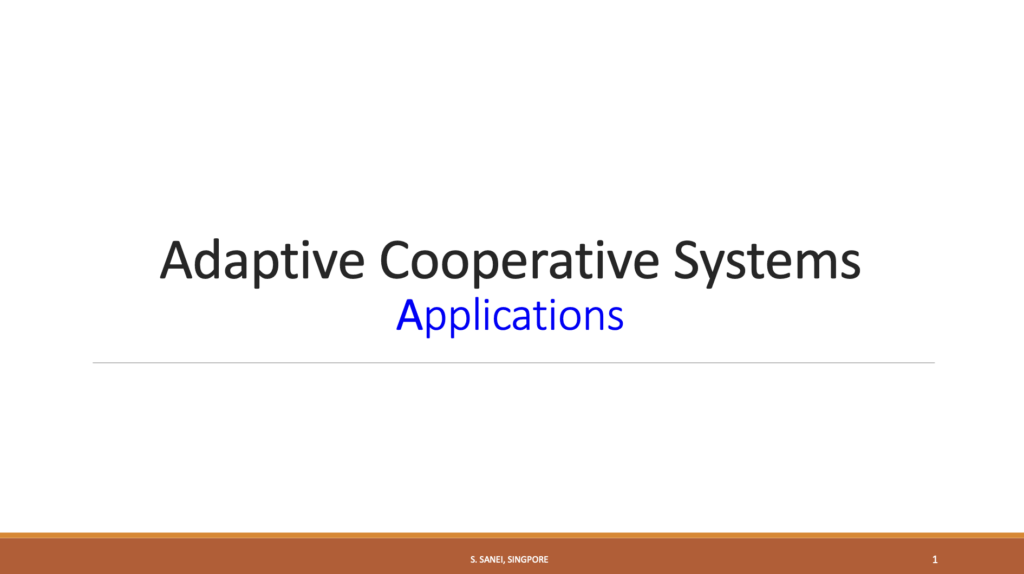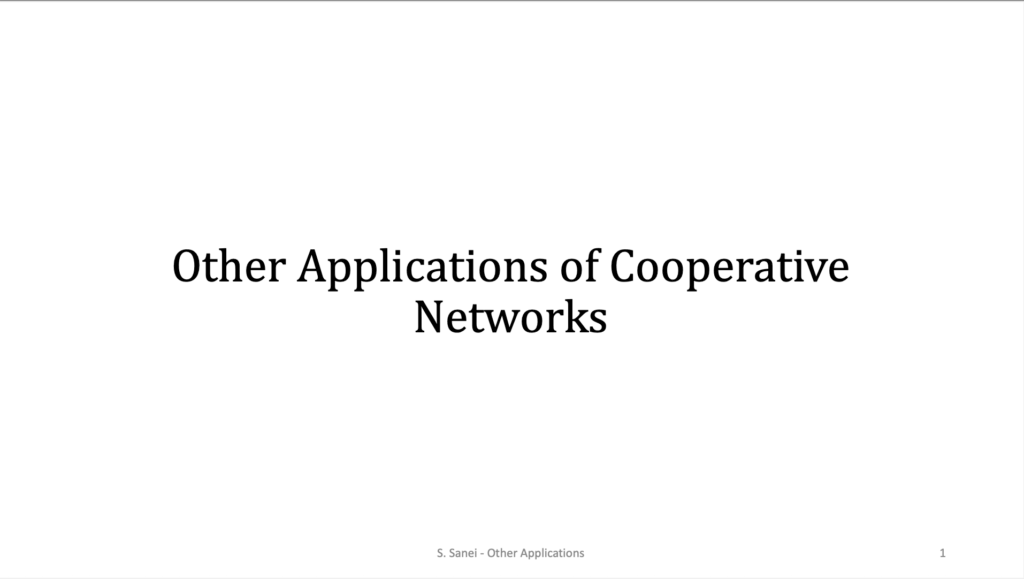Title: Adaptive Sensor Networks in Digital Health
Presenter:

This research shows the importance of distributed networks and cooperation, borrowed from multi-agent communication systems domain, in modelling industrial, biological, and diagnostic systems. In many patient monitoring systems such as multichannel EEG, electromyography (EMG), and electrocardiography (ECG) as well as industrial sensors such as smart meter networks, the sensor data can be aggregated in an adaptive manner. On the other hand, adaptive cooperative networks are used to model single- or multi-task systems which are available where the agents have multiple targets. In industry, the use of smart meter networks in a household area and the information transfer between the smart meters can highly reduce the peak energy supply. On the clinical side, an adaptive network can be devised to use multichannel EEG to translate the brain function into body movement or model the link between two brains in a multi-subject (a.k.a hyperscanning) scenario. It can be verified that distributed array processing (beamforming) can improve the system quality for localization of brain responses to deep brain single-pulse electrical stimulation (SPES), applicable to drug-resistant epileptic seizure diagnosis. Also, a cooperative particle filtering approach can significantly enhance identification and tracking of event-related potentials (ERPs) to monitor brain degenerative diseases, fatigue, or cognition deterioration. The tutorial will be in three hours with approximately 30 min tea/coffee break in between.
Outline of the Tutorial and the Material to Be Presented:
- From adaptive filters to adaptive cooperative networks,
- Distributed sensor networks, definitions, examples, and applications,
- Adaptive cooperative network topologies,
- Single- and multi-task networks, optimizations, and applications,
- Estimation of network connectivity (information transfer) for accurate setting of the combination weights,
- Body sensor networks and their clinical applications,
- Cooperative systems in brain computer interfacing (BCI),
- Distributed beamforming for seizure source localization of interictal epileptiform discharges and delayed/late brain responses to deep brain electrical stimulation,
- Distributed particle filtering for tracking the brain event related potentials,
- Distributed systems for crowd monitoring,
- Wider applications of cooperative systems (biological modelling, network security, and energy distribution),
- Concluding remarks.





-1824x781.png)



